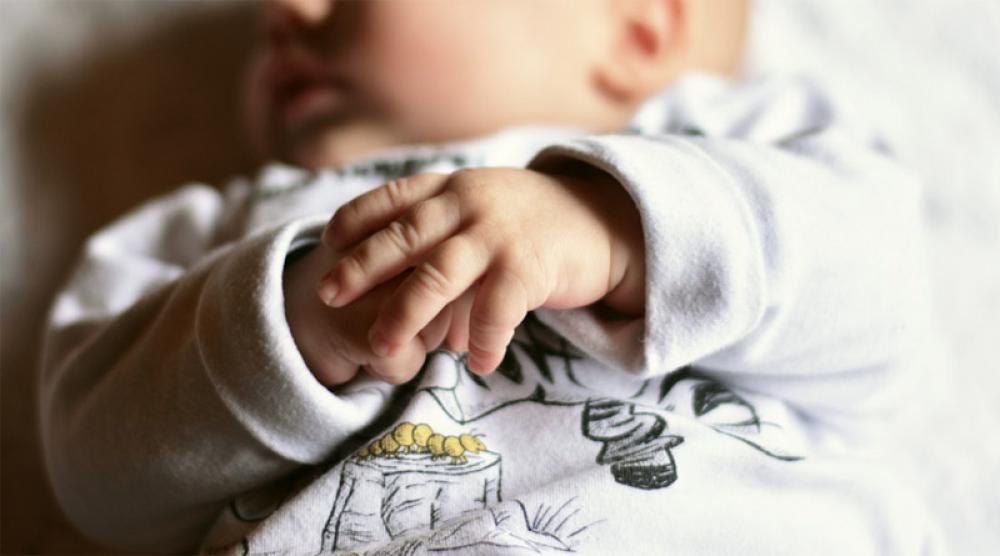Just Earth News | @justearthnews | 10 Nov 2020

Pixabay
Severe COVID-19 infection appears rare in newborn babies, suggests a new study.
The UK-wide analysis, led by researchers from Imperial College London and the Nuffield Department of Population Health at the University of Oxford, is the first study analysing COVID-19 infections in newborns across the whole UK.
Parents, and expectant parents, are understandably worried about their babies becoming ill with COVID-19Dr Chris GaleStudy author
The study, published in the journal The Lancet Child and Adolescent Health, traced all babies less than 29 days old with COVID-19 across the UK, who needed to be admitted into hospital.
The analysis, which was funded by the National Institute for Health Research, traced these babies with COVID-19 between the beginning of March and end of April, at the peak of the first wave of the UK COVID-19 pandemic. Babies were tracked using a national system called the British Paediatric Surveillance Unit that all paediatricians in the UK contribute to.
The study found 66 babies required hospital treatment for COVID-19 infection in this period. This is the equivalent of 1 in 1785 births, or 0.06 per cent of births.
Nearly half (45 per cent) of the babies who developed severe infection were from Black, Asian or minority ethnic groups. Around one in four of the babies (24 per cent) were born prematurely (defined as being born before 37 weeks). These are both higher than would be expected from the UK birth population.
Most babies fully recovered from severe COVID-19
Only 17 babies, out of the 66 newborns in the study, were suspected to have caught COVID-19 from their mother in the first seven days after birth. Seven of these 17 babies developed COVID-19 despite being separated from their mother immediately after birth. This supports UK and international guidance to keep mother and baby together even when the mother is suspected or known to have COVID-19, say the team. Six babies were thought to have contracted COVID-19 while in hospital.
We found a higher than expected proportion of the babies were from Black, Asian and ethnic minority backgrounds, which clearly needs further investigationProfessor Jenny KurinczukStudy author
None of the babies in the group died from COVID-19 (although one baby sadly died, this was not linked to COVID-19 infection).
When the data were analysed nearly 90 per cent of the babies had fully recovered from the infection, and had been discharged from hospital.
The study suggests a higher proportion of newborns who develop severe disease will need intensive care or breathing support (36 per cent), compared with older children (13 per cent). However, the study authors add that severe infection in newborn babies is still very rare.
The researchers add that, overall, this study suggests a small proportion of babies caught COVID-19 from their mother. They explain that, in light of this, if a mother tests positive for COVID-19, her baby does not need to be separated from her at birth. They add that seven babies who were separated from their mother at birth in the current study still contracted the virus.
Dr Chris Gale, co-lead author of the study from Imperial’s School of Public Health said: “Parents, and expectant parents, are understandably worried about their babies becoming ill with COVID-19. This study will hopefully provide some reassurance, as it suggests severe COVID-19 infection in newborns is very rare. Most babies only develop mild symptoms when infected with the virus and make a full recovery. This research also supports UK and international guidance to keep mother and baby together even when the mother is known or suspected to have COVID-19."
Dr Gale added: “Although this study did show that six babies may have contracted hospital-acquired COVID-19, this data was from the beginning of the pandemic, and infection control measures on neonatal and paediatric units have improved dramatically over the past six months.”